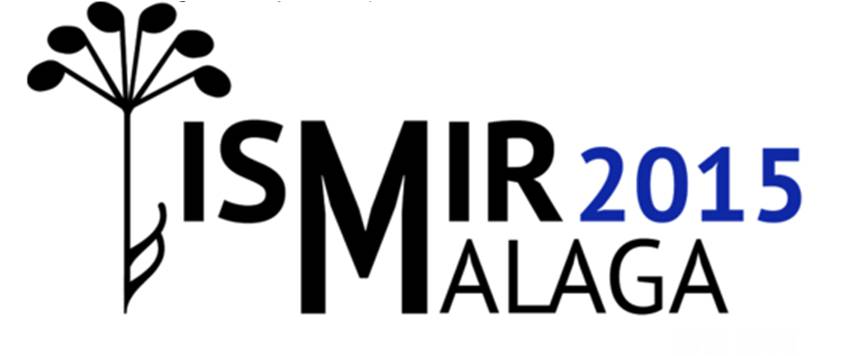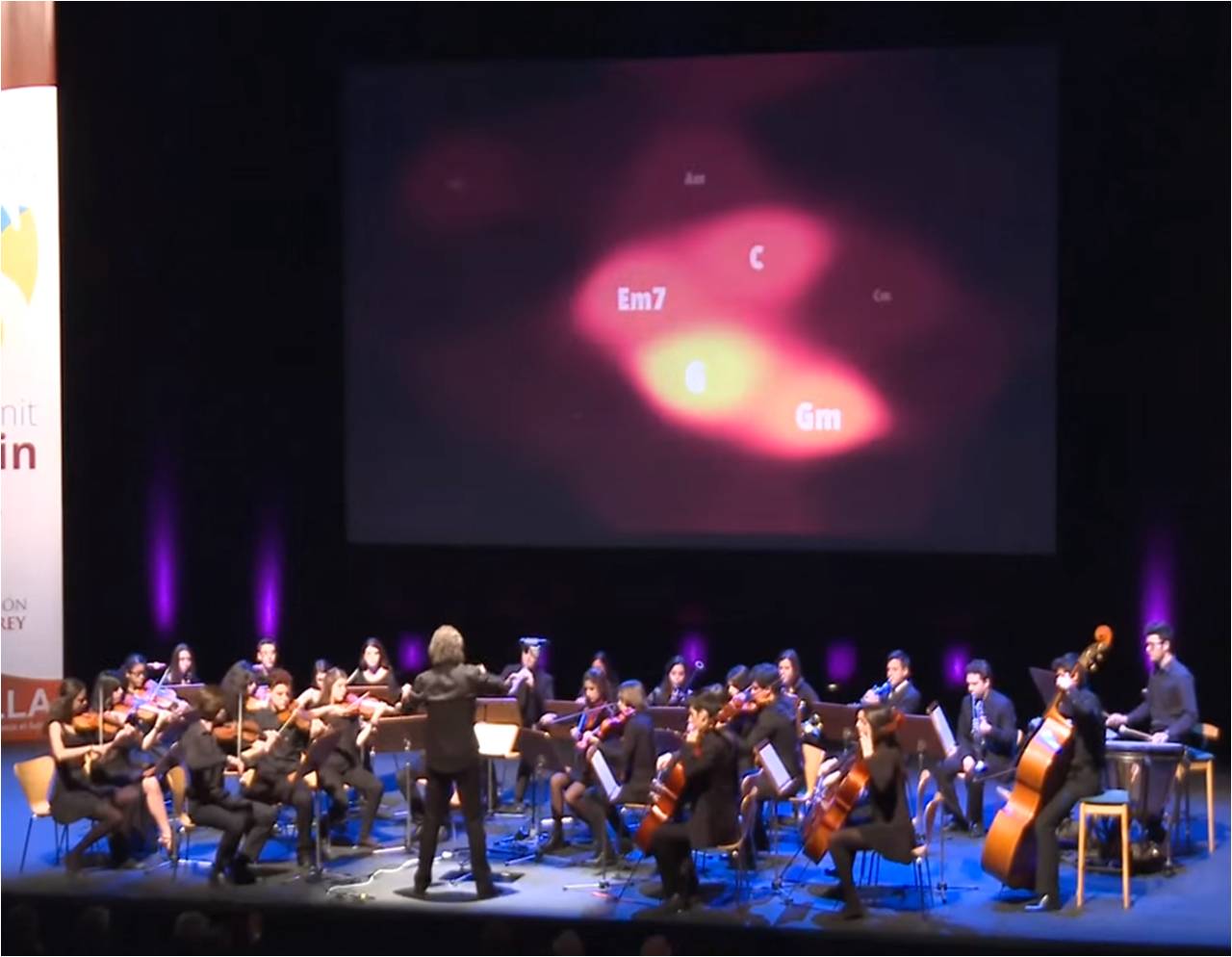Notable participation by the Music Technology Group at ISMIR 2015
Twenty-one members of three research teams of the MTG presented their breakthroughs at the benchmark congress on music technologies held from 26 to 30 October in Málaga.

This year, the Music Technology Group (MTG) of UPF’s Department of Information and Communication Technologies (DTIC) will enjoy a notable presence at the International Society for Music Information Retrieval Conference (ISMIR) to be held in Málaga from 26 to 30 October.
ISMIR 2015 is the benchmark conference on technologies for the analysis and automatic description of musical information. Twenty-one researchers from three of MTG’s four research teams are to participate at the conference where they will be presenting the latest research results related to these issues.
The music of India, China and Turkey
The team of professor Xavier Serra is to present results related with CompMusic, a project that looks into the computational analysis of various world music, and more specifically Carnatic and Hindustani music of India, the Beijing Opera, and Turkish classical music. From Indian music, results will be presented related to rhythmic and melodic analysis based on recordings of songs which enable identifying and characterizing the patterns that are musically relevant. From the Beijing Opera results will be presented related to the analysis of the singers’ voices and the words of the songs, and from Turkish classical music, studies will be presented looking into the scores and their automatic synchronization with audio recordings. Moreover, this team will be contributing studies related with the compilation and study of major collections of music and with the semantic analysis of textual information related with music, available on the web.
Technology for dance music and prototypes for “jam session”
Some of the key problems when wishing to characterize electronic dance music is to determine its rhythmic and tonal properties. Finding them out precisely can help DJs and music creators to make better mixes (softer, more harmonic, or more contrasting and surprising). The team of professor Sergi Jordà is participating at ISMIR 2015 with the latest breakthroughs in the GiantSteps project, a European project addressing the research and development of musical expert agents that, within musical creation systems, help users to make music through the musical knowledge they contain. This time they are doing so based on electronic dance music (EDM), given the cultural and economic importance of this contemporary musical genre.
The contributions by the GiantSteps team at ISMIR 2015 aim at modelling rhythmic similarity and providing musical collections recorded with rhythmic and tonal information that will be used to train and evaluate algorithms for the automatic detection of these musical features. At the session on demonstrations and latest novelties, the team will be presenting four of the current developed prototypes of musical creation (generation of sequences of chords, rhythms and rhythmic variations, and bass lines). These prototypes can be synchronized and enable organizing a “jam session” between different performers/creators.

Melody in symphonic music, flamenco and the premiere of “Cante reciclado”
The Music Information Research Lab (MIR Lab) team, led by professor Emilia Gómez, is presenting at ISMIR 2015 its advances in music technology applied to two different repertoires: symphonic music within the context of the European project PHENICX, and flamenco.
Regarding the first of the repertoires, MIR Lab, among other proposals, is presenting a study on music source separation which allows listening to the instruments that play in an orchestra separately; a new collection of orchestral music with manual annotations of predominant melody allowing extracting the melody from symphonic music and includes a demonstration of a web tool created so that the melody can be envisioned.
With the Sinfonietta de San Francisco de Paula youth orchestra of Seville, this technology will be used to project visualizations of music during a concert at which works by Beethoven and Isaaz Albéniz will be played.
As a result of research work on flamenco, on 26 October, in collaboration with the University of Seville, the tutorial “COmputing and FLAmenco” will be presented, as well as a new database on this web repertoire. Also within the framework of the congress, the work “Cante reciclado” by composer Nadine Kroher will be premiered on 28 October.




